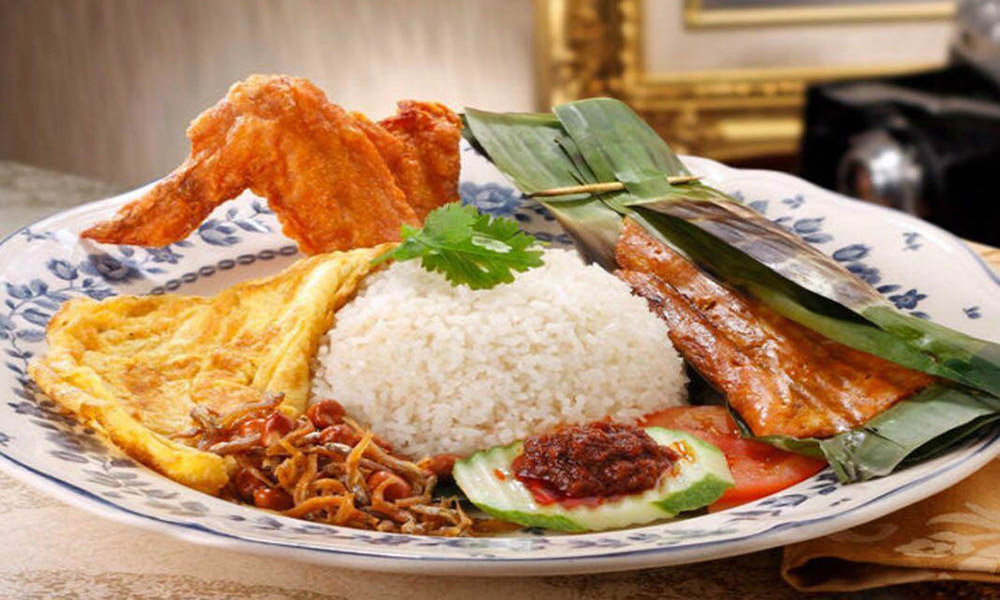
Dizi Gui (弟子规): The Highest Level of Filial Piety
弟子规 弟子规,圣人训。首孝弟,次谨信。 泛爱众,而亲仁。有余力,则学文。 父母呼,应勿缓,父母命,行勿懒。 父母教,须敬听,父母责,须顺承。 冬则温,夏则凊,晨则省,昏则定。 出必告,反必面,居有常,业无变。 事虽小,勿擅为,苟擅为,子道亏。 物虽小,勿私藏,苟私藏,亲心伤。 亲所好,力为具,亲所恶,谨为去。 身有伤,贻亲忧,德有伤,贻亲羞。 亲爱我,孝何难,亲憎我,孝方贤。 亲有过,谏使更,怡吾色,柔吾声。 谏不入,悦复谏,号泣随,挞无怨。 亲有疾,药先尝,昼夜侍,不离床。 丧三年,常悲咽,居处变,酒肉绝。 丧尽礼,祭尽诚,事死者,如事生。 At Home, Be Dutiful to My Parents What parents like, make an effort to possess. What parents despise, carefully get rid of. Injury to one’s body brings parents worry. Injury to one’s character brings parents shame. When parents















